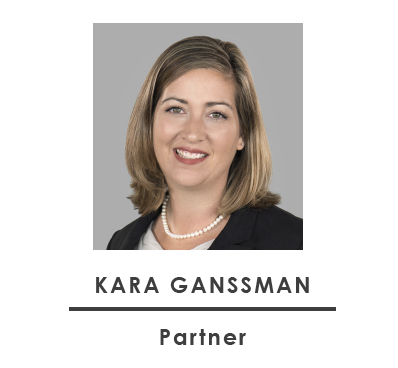
As a possible recession looms over the American economy, financial planners often tout the same advice: reduce debts and cut spending. That advice resonates with estate planning attorneys too. The simple reason is that reducing debts can impact a decedent’s estate administration and ultimately what heirs may inherit.
With estate planning attorneys, clients often inquire whether a Trust or a Will, which would pass assets through probate, is more beneficial. The legal discussion centers on the person’s assets, their goals for their estate and heirs, and also personal debt. With a Will or Trust, both require creditors to be paid before beneficiaries receive anything. Both instruments can be drafted with specific instructions for certain assets.
One advantage of probating a Will is that a Personal Representative is required to notify creditors to bring claims against the estate for outstanding debt within a certain period of time; creditors who do not file claims within that time frame are out of luck. Personal Representatives have significant responsibility to follow the law in handling estate assets and paying valid claims properly and in the correct order. Ultimately a solvent estate can pay debts and expenses, often leaving assets for heirs to inherit. However, an insolvent estate may not have sufficient assets to pay off all of the debts, leaving nothing for the heirs to inherit.
How to Minimize Debts to Simplify an Estate:
 Kara Gansmann devotes her entire practice to elder law and estate planning in the Wilmington office of Cranfill Sumner LLP. In private consultations, Kara counsels individuals and families on tactics for estate planning, asset protection, and long-term care planning. Kara drafts Wills, Powers of Attorney, and Trusts, including Pet Trusts, Revocable and Irrevocable Living Trusts, and Special Needs Trusts. Kara also advises clients on eligibility for public benefits like Veterans’ Aid & Attendance and prepares applications for Medicaid and Special Assistance.
Kara Gansmann devotes her entire practice to elder law and estate planning in the Wilmington office of Cranfill Sumner LLP. In private consultations, Kara counsels individuals and families on tactics for estate planning, asset protection, and long-term care planning. Kara drafts Wills, Powers of Attorney, and Trusts, including Pet Trusts, Revocable and Irrevocable Living Trusts, and Special Needs Trusts. Kara also advises clients on eligibility for public benefits like Veterans’ Aid & Attendance and prepares applications for Medicaid and Special Assistance.
Passenger Rail Study Offers New Details About Proposed Wilmington To Raleigh Route
Emma Dill
-
Apr 22, 2024
|
|
Severe Weather Postpones Trump Rally In Wilmington
Emma Dill
-
Apr 20, 2024
|
|
Will NC Be CNBC's Three-time Top State For Business?
Audrey Elsberry
-
Apr 22, 2024
|

Baristas are incorporating craft cocktail techniques into show-stopping coffee drinks, and bartenders are mixing espresso and coffee liqueur...

With millions in committed funding from New Hanover County and the New Hanover Community Endowment, along with a land donation from the city...

W.R. Rayson is a family-owned manufacturer and converter of disposable paper products used in the dental, medical laboratory and beauty indu...
The 2024 WilmingtonBiz: Book on Business is an annual publication showcasing the Wilmington region as a center of business.
